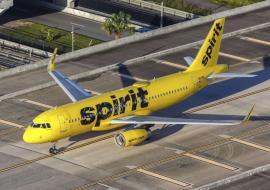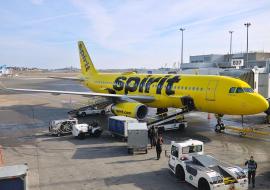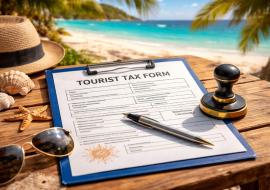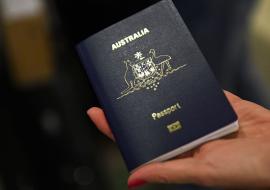3 Common Travel Insurance Exclusions All Travelers Should Know

Many travelers assume that travel insurance covers every aspect of their trip. While it does cover many travel mishaps, all policies have common exclusions that could affect a traveler's coverage. Squaremouth, a travel insurance comparison site, breaks down three of the most common policy exclusions and their implications for travelers.
1. Pregnancy
Most travel insurance policies explicitly list pregnancy as an exclusion within cancellation and medical benefits. This means that travel complications related to a normal pregnancy, such as morning sickness, are not covered.
What can be covered: Pregnant travelers can still be covered by their policy's benefits for a sickness or injury unrelated to their pregnancy.
2. Intoxication
While many travelers enjoy alcoholic beverages during their vacations, few realize that having another drink could nullify their travel insurance coverage. In the event of a claim for an illness or injury, your provider will require medical documentation. If it shows you were under the influence, your claim will likely be denied.
What can be covered: Some policies may cover medical treatment if you accidentally ingest a poisonous substance or a controlled drug, or if you experience sickness or injury resulting from medication prescribed by a physician.
3. Mental, Nervous, or Psychological Disorders
Trip Cancellation policies cover you if you need to cancel your trip for medical reasons. However, many travelers assume this includes all health issues. Unfortunately, mental, nervous, and psychological disorders, such as anxiety, depression, neurosis, or phobias, are commonly excluded from travel insurance coverage.
What can be covered: Some policies offer Trip Cancellation coverage if you are hospitalized due to a mental or nervous condition that prevents you from leaving on your trip.
What Travel Insurance Does Cover
Travel insurance typically provides a wide range of coverage for the most common travel disruptions, including flight cancellations, travel delays, natural disasters, medical emergencies, medical evacuations, terrorism, and lost luggage, among others.














